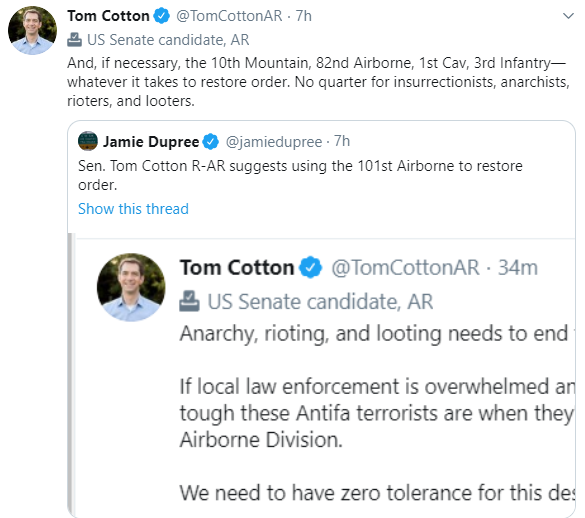6 June 2020
WILLOW: Oh, and while you're up, could I get a refill? [holds out her glass] It's just I'm so comfortable.
JOYCE: [steps over] Of course. [takes the glass]
WILLOW: Thanks. Xander: Oh, oh, oh, [holds up an empty bag] and another bag of cheesy chips. [tosses the bag away]
JOYCE: [raises her eyebrows at him] Uh, you ate the last one.
XANDER: No, there's another bag hidden behind the raisins.
JOYCE: [sighs] I'm on it. [leaves]
XANDER: [to Buffy] Your mom's tryin' to Bogart the cheesy chips. What's that all about?—Buffy the Vampire Slayer (TV series), 1998
To bogart something is to monopolize or hoard something that should be shared, especially a marijuana joint. The word obviously comes from the name of the actor Humphrey Bogart (1899–1957), but why? Bogart was not associated with marijuana or drug culture, and while some of the characters he played were greedy (e.g., Fred C. Dobbs in John Huston’s 1948 The Treasure of Sierra Madre), he was not particularly known for playing such characters. Rather, his screen persona was more often that of the tough guy, often a bully or gangster. And indeed, it is in the role of the tough guy that bogart makes its way into slang.
Bogart appears as a noun in early 1950s bartending slang of the American West, as recorded in a glossary published in the journal Western Folklore in 1951:
To pull a Bogart, to act tough.
But it either did not start out as restricted to a professional jargon in a particular region or it spread quickly, because it is recorded in an article on youth slang in the New York Herald Tribune on 28 February 1954:
The greatest source of these expressions today is the tough talk of the many private eyes on television, in the movies and in fiction," Rand observes. "'Doing time' is used for staying after school and the 'chain gang' refers to walking to class in groups. A bright kid who knows all the answers and makes his classmates look bad is a 'stool pigeon' and the school principal is the 'warden.' A ‘caper' is a problem in geometry, with 'Humphrey Bogart' being any tough kid."
And it wasn’t just teen and bartending slang for a tough act or person. Black slang took the word up, with bogart becoming a noun for a bully or aggressive person. And in Black slang it also became a verb meaning to coerce or intimidate, as in this example from Ebony magazine in March 1965:
Bogart, to muscle through—as in “Dig up, let's grab a boss broad and bogart our way into a boss jam.”
And from the sense of to bully, the verb quickly came to mean to take more than one’s share, particularly in the context of illicit drugs. From the 1967 edition of Maurer and Vogel’s Narcotics and Narcotics Addiction:
bogart. To take more than one’s fair share, usually by violence.
It doesn’t appear in the earlier editions of this book.
The slang verb came to the attention of mainstream America with Elliot Ingber and Larry Wagner’s 1968 song “Don’t Bogart Me,” which was recorded by the Fraternity of Man and featured in the 1969 film Easy Rider:
Roll another one
Just like the other one
You've been hanging on to it
And I sure would like a hit
Don't bogart that joint, my friend
Pass it over to me
From there, the word was passed over to a much wider audience.
Sources:
Des Hotel, Rob and Dean Batali. “Killed by Death.” Buffy the Vampire Slayer, 2.18. Created by Joss Whedon. 3 March 1998.
Green’s Dictionary of Slang, 2020, s.v. bogart v., bogart n.
Oxford English Dictionary, third edition, June 2005, s.v. bogart, v.
Maurer, David W. and Victor H. Vogel. Narcotics and Narcotics Addiction, third edition. Springfield, IL: Charles C. Thomas, 1967, 343. HathiTrust Digital Archive.
Racklin, Beaulah. “Do Kids Speak English.” New York Herald Tribune. 28 February 1954, 46.
Wallrich, William J. “Barroom Slang from the Upper Rio Grande.” Western Folklore, 10.2, April 1951, 172.
Photo credit: Warner Bros.




